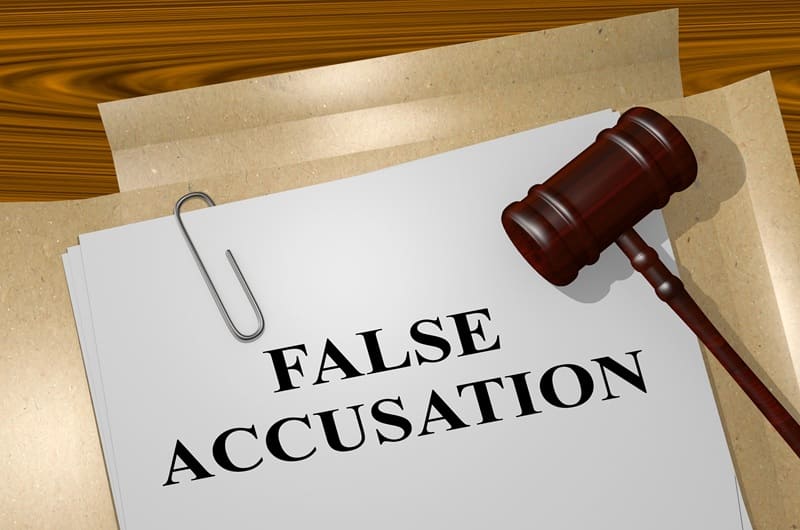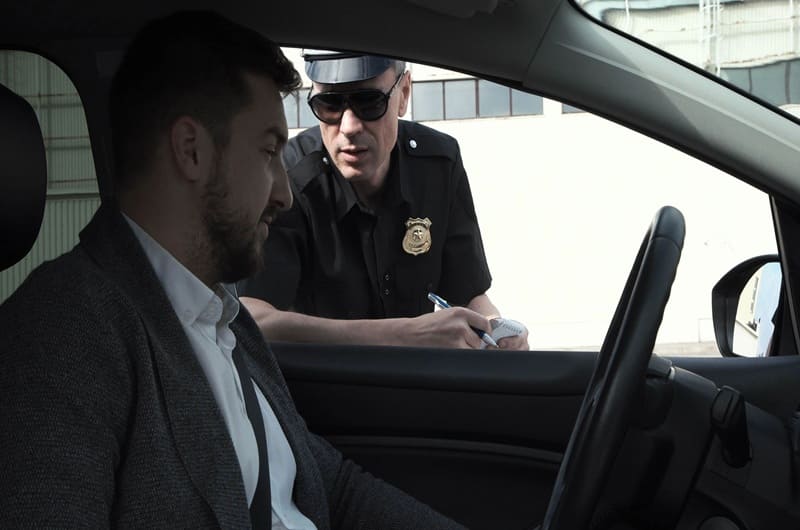How To Enforce Payment Of Child Support In Virginia
How To Enforce Payment Of Child Support In Virginia
Child support in Virginia can become a significant concern when a noncustodial parent fails to meet their financial obligations. Delayed payments create challenges for custodial parents who rely on these funds to support their children. Fortunately, Virginia offers several enforcement methods to ensure children receive the financial support they need.
Understanding the enforcement options can make a difference for those facing payment issues. This article will cover everything from why parents may fail to pay, to the legal steps available to enforce child support. It also highlights how attorneys can help when matters escalate.
Understanding Virginia’s Child Support System
Virginia’s child support system ensures that both parents financially support children, even after divorce. The custodial parent is with whom the child primarily resides, while the noncustodial parent is typically responsible for making child support payments.
Support payments are determined according to the Virginia Child Support Guidelines, which help calculate the appropriate amount. The court will base its calculation on the income of both parents, daycare expenses, health insurance, and any extraordinary medical costs.
The system considers not just salary or hourly wages but also self-employment income, bonuses, and other sources of funds. The guidelines also address how factors like shared custody or visitation schedules impact the support obligation.
Noncustodial parents must make timely payments as part of their legal obligation. However, when a parent fails to meet their responsibility, the legal system provides avenues to enforce payment.
A solid understanding of these guidelines is the first step in addressing any issues that may arise with missed or late payments. But why do some parents fail to make these payments in the first place?
Common Reasons For Non-Payment
Non-payment of child support can stem from a variety of reasons. One of the most common reasons is job loss or financial instability. When a noncustodial parent loses their job or experiences a drastic reduction in income, keeping up with support payments can become difficult. In these situations, they may fall behind on their obligations, sometimes unintentionally.
However, not all cases of non-payment are due to financial hardship. Some parents may willfully refuse to pay child support, even if they have the financial means. In these cases, the parent might neglect their legal responsibility out of spite or due to ongoing disagreements with the custodial parent.
Other times, non-payment occurs because of simple misunderstandings between the parents. For example, confusion about who is responsible for covering additional expenses can lead to disputes, causing one parent to stop making payments. Miscommunication about the terms of the custody agreement or changes in visitation schedules can also lead to conflicts over support.
Regardless of the reason, failure to make child support payments can lead to serious consequences. Virginia has several legal mechanisms to enforce these payments. The following section will cover the options available to custodial parents seeking to collect overdue support.
Legal Options To Enforce Child Support Payments In Virginia
Enforcing child support payments can be a frustrating process, but several legal options exist to help custodial parents recover what is owed. From contacting state agencies to more direct legal actions, Virginia provides multiple tools to ensure children receive the support they deserve.
Contacting The Virginia Division Of Child Support Enforcement (DCSE)
The DCSE helps parents enforce court orders by tracking payments, calculating arrearages, and initiating enforcement actions. This agency can be a helpful resource for parents struggling to collect what’s owed to them.
Custodial parents can file an enforcement request with the DCSE to begin the process, providing relevant information about the court order and payment history. Once the request submission is complete, the DCSE will start working to collect the overdue payments, which may include garnishing wages or seizing assets.
Income Withholding Orders
Income withholding, commonly called wage garnishment, is one of the most effective tools for enforcing child support. Once issued, the noncustodial parent’s employer must automatically deduct child support payments from their paycheck. Employers will then send the payments directly to the DCSE or the custodial parent.
Income withholding can be requested through the court or the DCSE. This method ensures that support payments are made consistently. It also takes the pressure off custodial parents who might otherwise have to rely on irregular payments from the noncustodial parent.
Contempt Of Court
When a noncustodial parent deliberately refuses to pay child support despite being able to do so, the custodial parent can file a motion for contempt. A contempt motion essentially asks the court to enforce its previous orders. The judge can impose severe penalties on non-paying parents, including fines, jail time, or both.
When the court finds a parent in contempt, they may require the offending parent to pay all arrearages immediately. The threat of jail time often motivates parents to settle their overdue payments quickly.
Seizure Of Assets
Virginia law allows the seizure of a noncustodial parent’s assets to cover unpaid child support. This can include seizing tax refunds, garnishing bank accounts, or placing liens on property. Even assets like lottery winnings can be taken to pay back arrearages. This method is often used when a parent owes significant back child support and has made no effort to make payments.
Suspension Of Licenses
Virginia may suspend the noncustodial parent’s driver’s license or professional license if they fall significantly behind on payments. Losing the ability to drive or work in certain professions can be a strong incentive for a parent to catch up on child support payments.
Reporting To Credit Bureaus
Unpaid child support can also damage the non-paying parent’s credit. The DCSE reports delinquent accounts to credit bureaus, which can lower the parent’s credit score and impact their ability to secure loans or credit cards. This added consequence motivates many parents to stay current with their payments.
Enforcing child support can be a bit more challenging when a parent lives out of state. However, Virginia has specific processes to handle these cases, which we will now explore.
If The Non-Custodial Parent Lives Out Of State
When the noncustodial parent lives in another state, enforcing child support becomes a matter of interstate cooperation. Thankfully, the Uniform Interstate Family Support Act (UIFSA) enables all U.S. states to work together and enforce child support orders across state lines.
The DCSE plays a crucial role in coordinating with child support agencies in other states to ensure payments are collected. This means that no matter where the non-paying parent resides, they are still bound by Virginia’s support order.
The custodial parent can contact the DCSE to start the process. Then, the DCSE will then work with the appropriate agency to track down the noncustodial parent.
Next, the agency will send a request for enforcement to the new state. The last step is to collect and send the support payments back to Virginia.
Even when the other parent moves away, this interstate system provides peace of mind. Whether you’re in Virginia or elsewhere, support obligations follow you.
What consequences do parents face when they fail to pay child support obligations?
Consequences Of Failing To Pay
The state takes unpaid support obligations seriously and has several enforcement measures to hold parents accountable. These penalties are designed to ensure that children continue receiving the financial support they need.
Criminal Penalties
If a parent consistently refuses to meet their child support obligation, they could face criminal charges. The court may even sentence the non-paying parent to jail time, especially in cases where the refusal to pay is deemed intentional.
Parents in jail for failing to pay support may have difficulty maintaining employment, which could further complicate their situation. Jail time is usually a last resort, but it’s an option the courts will use if necessary.
Loss Of Passport & Other Privileges
Federal law allows the State Department to deny or revoke a passport if the parent owes over $2,500 in overdue support. This restriction can prevent the non-paying parent from traveling internationally until their arrearages are paid.
The loss of a passport and potential fines or jail time demonstrate how serious Virginia courts take unpaid child support. However, with the right legal help, parents can avoid these penalties and get back on track with their payments. For those in need of legal assistance, hiring an experienced attorney can be the key to resolving these issues.
How A Child Support Attorney Can Help
An attorney can help custodial parents file enforcement requests with the DCSE or represent them in court hearings. If a parent is dealing with an uncooperative, non-paying parent, the attorney can take more aggressive legal action if necessary.
In cases where circumstances change, and a modification is needed, an attorney can assist with filing the petition and gathering the necessary documentation. They can also help negotiate with the other parent or their attorney to settle on a fair support amount.
Having a skilled attorney on their side can make the process less stressful and more efficient for parents seeking assistance with child support matters.
The Irving Law Firm: Your Partner In Enforcing Child Support
At The Irving Law Firm, based in Arlington, Virginia, we are committed to helping families secure the financial support they need. Parents can turn to our firm for compassionate and strong legal representation when child support payments aren’t being made. With extensive experience in family law, our team helps custodial parents enforce child support orders and recover unpaid amounts.
Our firm supports filing contempt motions, enforcing wage garnishment orders, and handling interstate cases. We are dedicated to ensuring parents receive the financial support their children deserve, no matter how difficult the circumstances.
At The Irving Law Firm, our focus is always on the client. We handle each case with personalized attention, and the firm’s legal strategies are tailored to meet every family’s unique needs. Our team works closely with parents to develop solutions that ensure their children’s futures are financially secure.
The Irving Law Firm is ready to help; we are prepared to listen and assist. Contact our firm to schedule an initial consultation.
Virginia provides various legal options to enforce child support, from wage garnishment to license suspension. Custodial parents can take action through the DCSE or the courts to recover unpaid support. If the non-paying parent lives out of state, UIFSA ensures that Virginia’s support orders are still enforced.
Failing to pay child support has serious consequences, including criminal penalties, loss of licenses, and damaged credit. For parents facing challenges with child support enforcement, seeking legal help is a smart move. The Irving Law Firm is here to help families in Arlington County and beyond secure the financial support they need for their children.






